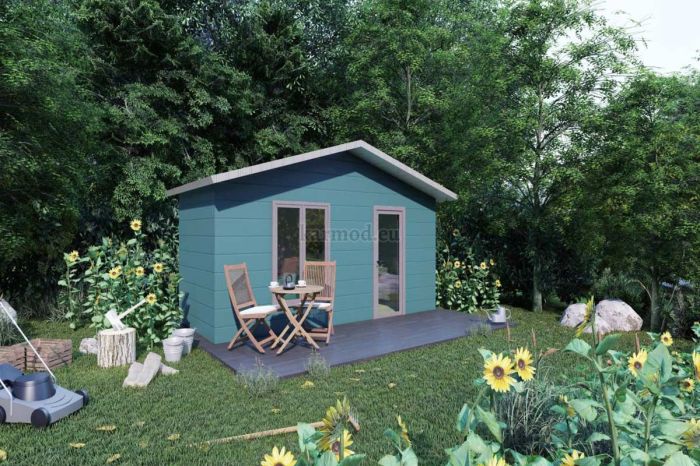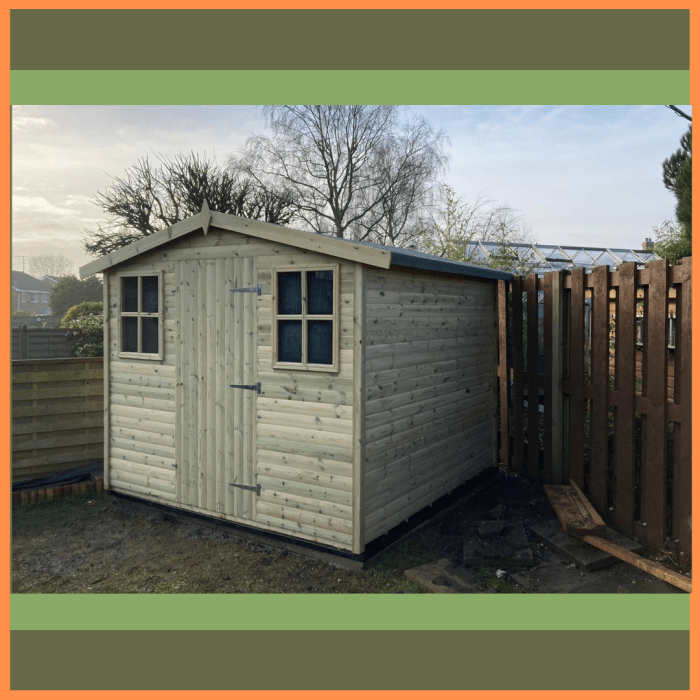Hobby House In Fairport offers a unique blend of residential living and dedicated workspace. This guide delves into the practicalities of establishing such a space in Fairport, NY, covering zoning regulations, design considerations, construction methods, utility requirements, and the financial implications. We’ll explore the diverse range of hobbies these houses accommodate, from woodworking and art to gardening and more, and examine how location and design choices impact the overall functionality and aesthetic appeal.
The goal is to provide a complete resource for anyone considering building or converting a property into their ideal hobby haven.
From initial planning and securing permits to managing utilities and navigating financial aspects, this exploration will cover all the key stages involved in creating a functional and inspiring hobby house. We’ll look at specific examples of how different hobbies shape the design and features of these spaces, highlighting the unique challenges and rewards of this endeavor in the Fairport community.
The aim is to empower readers with the knowledge needed to make informed decisions throughout the entire process.
Utilities and Infrastructure

Establishing essential utilities and robust infrastructure is paramount for any hobby house project in Fairport, ensuring both functionality and minimizing environmental impact. The specific needs will vary depending on the nature of the hobbies pursued, but certain considerations remain consistent across diverse applications.
The cost of utilities will significantly influence the overall budget. Electricity consumption, for example, can be substantial depending on power tools, lighting, and climate control systems. Water usage is another factor, influenced by cleaning processes, plant watering (for gardening enthusiasts), and even handwashing if the hobby involves materials requiring frequent cleaning. Heating and ventilation requirements are closely tied to the climate and the building’s insulation; a poorly insulated structure will incur higher heating costs in winter.
A well-designed HVAC system, however, can mitigate this expense while ensuring a comfortable workspace.
Utility Costs and Management
Accurate budgeting necessitates a detailed assessment of anticipated energy consumption. For instance, a woodworking hobbyist might estimate electricity costs based on the power draw of their tools, factoring in usage hours per week. Similarly, a hydroponic gardening enthusiast should calculate water usage based on the size of their system and the frequency of watering cycles. These calculations can be refined using online calculators or by consulting with local utility providers to obtain estimates based on comparable structures.
Implementing energy-efficient practices, such as using LED lighting and energy-star rated appliances, can significantly reduce operating expenses.
Waste Disposal and Environmental Impact, Hobby House In Fairport
Responsible waste management is crucial for minimizing the environmental footprint of a hobby house. The type and quantity of waste generated will vary widely depending on the hobby. Woodworking, for example, produces sawdust and wood scraps, requiring proper disposal or recycling. Painting and other art-related activities might generate hazardous waste such as solvents and paints, necessitating adherence to local regulations for their safe disposal.
Composting organic waste from gardening or culinary hobbies can reduce landfill waste and enrich the soil. Properly managing waste not only minimizes environmental impact but also ensures compliance with local ordinances and avoids potential fines.
Infrastructure Challenges and Solutions
Potential infrastructure challenges in Fairport might include limited access to utilities, particularly for hobby houses located on the outskirts of town or on larger properties. Securing reliable electricity and water connections might require extending existing lines, which can be costly. Addressing parking limitations could involve creating designated parking areas or exploring alternative transportation options, such as bicycles or carpooling.
If the hobby house is situated in an area with limited cell service or internet access, investing in a satellite internet connection or a cellular booster might be necessary to maintain communication and online access. Proactive planning and consultation with local authorities can help mitigate these challenges and ensure a smooth project execution.
Legal and Financial Aspects: Hobby House In Fairport

Constructing or purchasing a hobby house in Fairport, New York, involves navigating a complex landscape of legal requirements and financial considerations. Understanding these aspects is crucial for a successful project, ensuring compliance and minimizing potential risks. This section details the necessary permits and licenses, explores the financial implications of both building and purchasing, and examines potential tax benefits.
Permitting and Licensing Requirements
Securing the necessary permits and licenses for a hobby house project in Fairport is paramount. The process typically involves contacting the Town of Fairport Planning and Zoning Department. Applications will require detailed plans, specifications, and potentially environmental impact assessments, depending on the scale and nature of the project. Specific requirements may vary depending on factors such as the size of the structure, its intended use, and its proximity to other buildings or environmental features.
Failure to obtain the necessary permits can result in significant fines and potential legal action. It is advisable to consult with a local architect or contractor experienced in navigating the Fairport permitting process to ensure compliance.
Financial Aspects of Hobby House Construction
Building a hobby house represents a significant financial undertaking. Costs can vary widely depending on factors such as size, materials, design complexity, and labor costs. A detailed budget is essential, accounting for land acquisition (if applicable), architectural and engineering fees, construction materials, labor, permits, and inspections. Financing options include personal savings, home equity loans, construction loans, or personal loans.
Potential tax implications may include deductions for mortgage interest (if applicable) and property taxes, although specific eligibility criteria apply and professional tax advice is recommended. For example, a 500-square-foot hobby house built from prefabricated materials might cost between $50,000 and $100,000, while a custom-built, larger structure could easily exceed $200,000.
Financial Aspects of Hobby House Purchase and Conversion
Purchasing an existing structure for conversion into a hobby house offers an alternative approach. The initial purchase price will be a significant factor, along with the costs associated with renovation, permitting, and inspections. A thorough inspection is crucial to identify any potential structural issues or necessary repairs that could significantly increase the overall cost. Financing options are similar to those for new construction, with potential tax deductions for mortgage interest and property taxes, subject to eligibility requirements.
Compared to new construction, purchasing an existing structure may offer cost savings in some cases, particularly if the required renovations are minimal. However, unforeseen repair costs can easily negate any initial savings. For instance, purchasing a small shed for $10,000 and converting it into a functional hobby space might cost an additional $5,000-$15,000 depending on the scope of the conversion.
Cost Comparison: Building vs. Buying
The decision to build or buy a hobby house involves a careful cost-benefit analysis. Building from scratch offers greater control over design and materials, but typically incurs higher upfront costs and a longer timeline. Purchasing an existing structure offers a potentially quicker and less expensive option, but may require significant renovations and compromises on design. A detailed comparison of projected costs for both scenarios, including contingency funds for unforeseen expenses, is crucial for informed decision-making.
The best approach depends on individual preferences, budget constraints, and the availability of suitable properties. For example, a comparison between a new 400 sq ft structure built from scratch vs. converting a 600 sq ft garage might reveal the garage conversion is significantly cheaper, despite requiring more extensive interior work. This depends heavily on the condition of the garage and the scope of conversion.
Building or adapting a Hobby House In Fairport presents a rewarding challenge, merging personal passion with practical considerations. This guide has highlighted the key elements involved, from navigating zoning regulations and construction details to managing costs and securing necessary permits. By carefully considering location, design, and functionality, individuals can create a personalized workspace that enhances their creativity and productivity.
Ultimately, the success of a hobby house project hinges on meticulous planning and a clear vision, transforming a dream into a tangible reality within the Fairport community.

